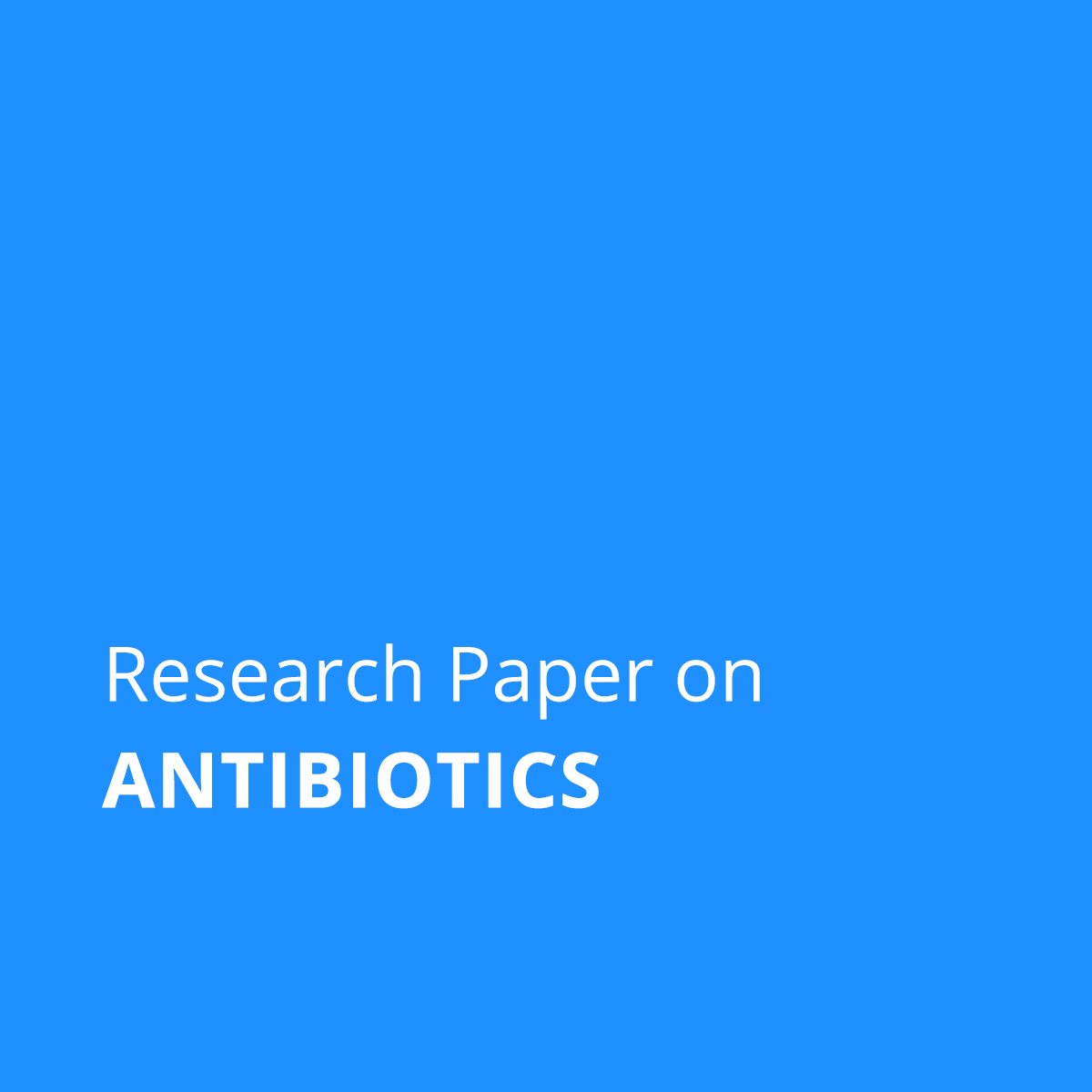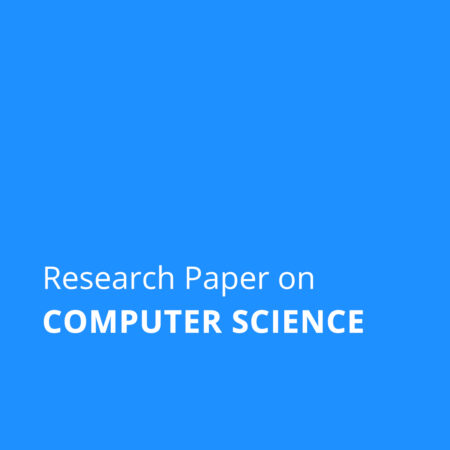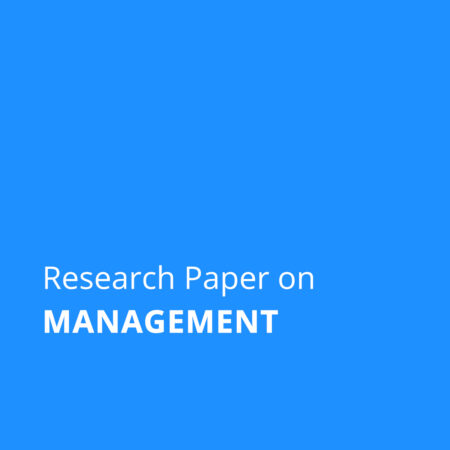Description
Title: An Overview of Antimicrobial Stewardship Optimization: Preventing Resistance through the Use of Antibiotics in Humans and Animals
Abstract: Antimicrobials are a class of substance frequently used to stop various microbial infections in both people and animals. Antimicrobial resistance is a significant factor in clinical antimicrobial therapy failure and is now a global public health issue. Without the proper direction, a growing number of antimicrobials are now accessible to both humans and animals. Antimicrobial resistance has thus been significantly induced by improper use of antimicrobials. Nevertheless, a growing number of infections, including sepsis, are incurable as a result of this antimicrobial resistance. Most of the time, both scenarios render life-saving medications ineffective. Antimicrobial resistance has a variety of complex root causes. Antimicrobial resistance is significantly impacted by a lack of adequate healthcare services, inefficient use of antibiotics in humans and animals, inadequate water and sanitation systems, wide access gaps, inadequate research and development in healthcare technologies, and environmental pollution. The natural history and fundamentals of the development of antibiotics, the connection between the use of antibiotics by humans and animals, the basic mechanisms and pathways of antibiotic resistance, and methods to prevent the spread of this resistance are all highlighted in the current review.
Keywords: Antimicrobials are a class of substance frequently used to stop various microbial infections in both people and animals. Antimicrobial resistance is a significant factor in clinical antimicrobial therapy failure and is now a global public health issue. Without the proper direction, a growing number of antimicrobials are now accessible to both humans and animals. Antimicrobial resistance has thus been significantly induced by improper use of antimicrobials. Nevertheless, a growing number of infections, including sepsis, are incurable as a result of this antimicrobial resistance. Most of the time, both scenarios render life-saving medications ineffective. Antimicrobial resistance has a variety of complex root causes. Antimicrobial resistance is significantly impacted by a lack of adequate healthcare services, inefficient use of antibiotics in humans and animals, inadequate water and sanitation systems, wide access gaps, inadequate research and development in healthcare technologies, and environmental pollution. The natural history and fundamentals of the development of antibiotics, the connection between the use of antibiotics by humans and animals, the basic mechanisms and pathways of antibiotic resistance, and methods to prevent the spread of this resistance are all highlighted in the current review.
Paper Quality: SCOPUS / Web of Science Level Research Paper
Subject: Antibiotics
Writer Experience: 20+ Years
Plagiarism Report: Turnitin Plagiarism Report will be less than 10%
Restriction: Only one author may purchase a single paper. The paper will then indicate that it is out of stock.
What will I get after the purchase?
A turnitin plagiarism report of less than 10% in a pdf file and a full research paper in a word document.
In case you have any questions related to this research paper, please feel free to call/ WhatsApp on +919726999915



Reviews
There are no reviews yet.